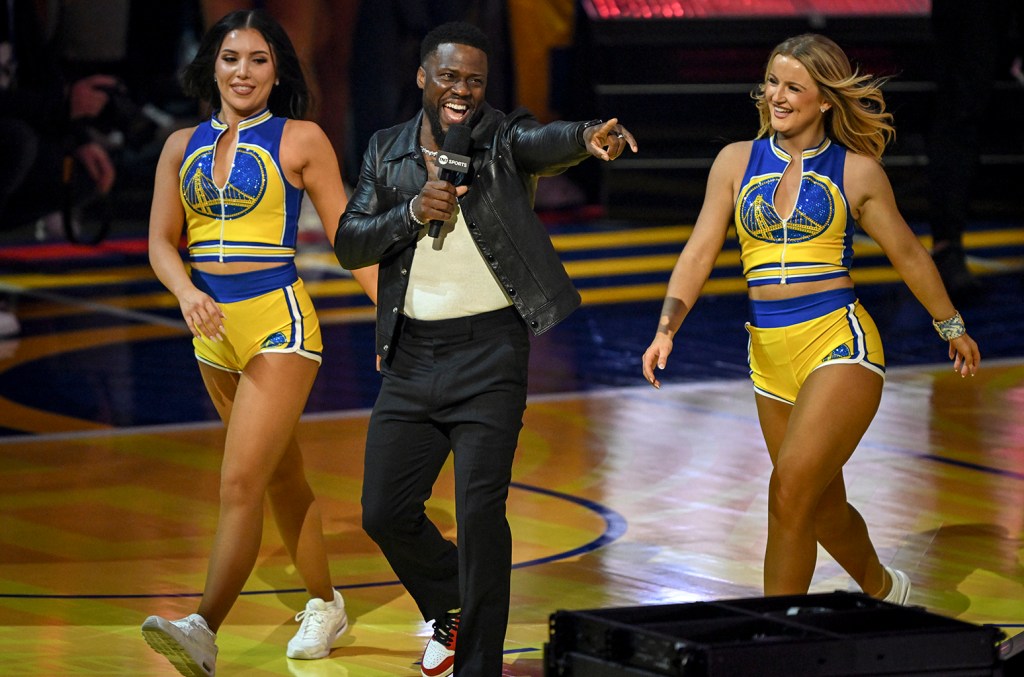Sting expresses confidence in the enduring legacy of ?Every Breath You Take,? despite its association with Sean ?Diddy? Combs, who is currently facing serious legal issues.
In a revealing interview with the Los Angeles Times published on November 11, Sting, the renowned frontman of The Police, addressed his sentiments regarding the band’s legendary 1983 single. This track has been linked to Sean ?Diddy? Combs due to its sampling in the latter?s tribute song ?I?ll Be Missing You? dedicated to the late Notorious B.I.G. The context of the conversation was particularly poignant given Combs is currently embroiled in a trial involving grave allegations including sexual abuse and racketeering.
Sting’s response was unequivocal: ?No,? he stated firmly. ?I mean, I don?t know what went on [with Diddy]. But it doesn?t taint the song at all for me. It?s still my song.? This highlights the strength of his artistic ownership and connection to the music, demonstrating that personal controversies surrounding others do not diminish the value or integrity of his work.
Originally released in 1983, ?Every Breath You Take? achieved remarkable success, reigning at the top of the Billboard Hot 100 for an impressive eight weeks. It stands as The Police?s sole No. 1 single on this prestigious chart. In 1997, Diddy honored the memory of his friend Notorious B.I.G. with ?I?ll Be Missing You,? which not only featured an interpolation of Sting’s classic but also soared to the top of the charts, spending 11 weeks at No. 1. This continued the legacy of the song while intertwining it with Diddy?s narrative in the hip-hop world.
In a turn of events, Diddy was arrested on September 16 on a slew of serious charges, including abuse, sex trafficking, forced labor, kidnapping, arson, and bribery. Following his arrest, he was taken into custody and has been denied bail on multiple occasions as he awaits his trial, scheduled for May 5, 2025. The latest development in his case occurred on November 8 when a judge dismissed his request for a gag order against his alleged victims and their attorneys, arguing that it was both ?unprecedented? and ?unwarranted.? The judge emphasized the importance of balancing a fair trial with the First Amendment rights of those making allegations against Combs.
The judge articulated the judicial responsibility, stating, ?The court has an affirmative constitutional duty to ensure that Combs receives a fair trial.? However, the judge also underscored the necessity of upholding the First Amendment rights of those who claim to be victims of Combs?s alleged misconduct. This ruling reflects the ongoing tension between legal processes and media narratives surrounding high-profile cases.
Amidst these developments, Sting continues to engage audiences with his music, touring with guitarist Dominic Miller and drummer Chris Maas. This trio setup draws parallels to his earlier collaborations with The Police’s Andy Summers and Stewart Copeland. Sting acknowledges this irony, stating, ?I never left the Police,? during his conversation with the Times. He shares that he simply pursued his individual projects, which he found more enjoyable than being part of a band, showcasing his evolving artistic journey.
Reflecting on his return to music, Sting remarked, ?And here I am again.? He elaborated on his philosophy, emphasizing, ?My whole modus is surprise. I don?t want people to be entirely confident about what I?m going to do next. That?s the essence of music for me.? This perspective highlights his commitment to creative unpredictability, ensuring that his audience remains engaged and intrigued by his musical endeavors, especially with the emergence of a trio format at this stage of his career.






